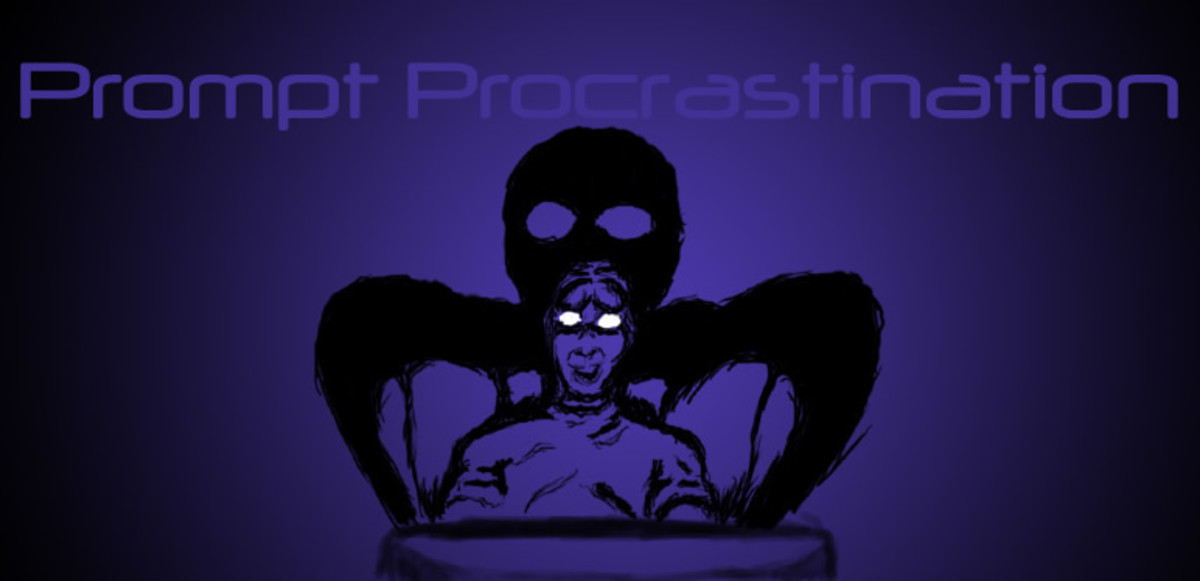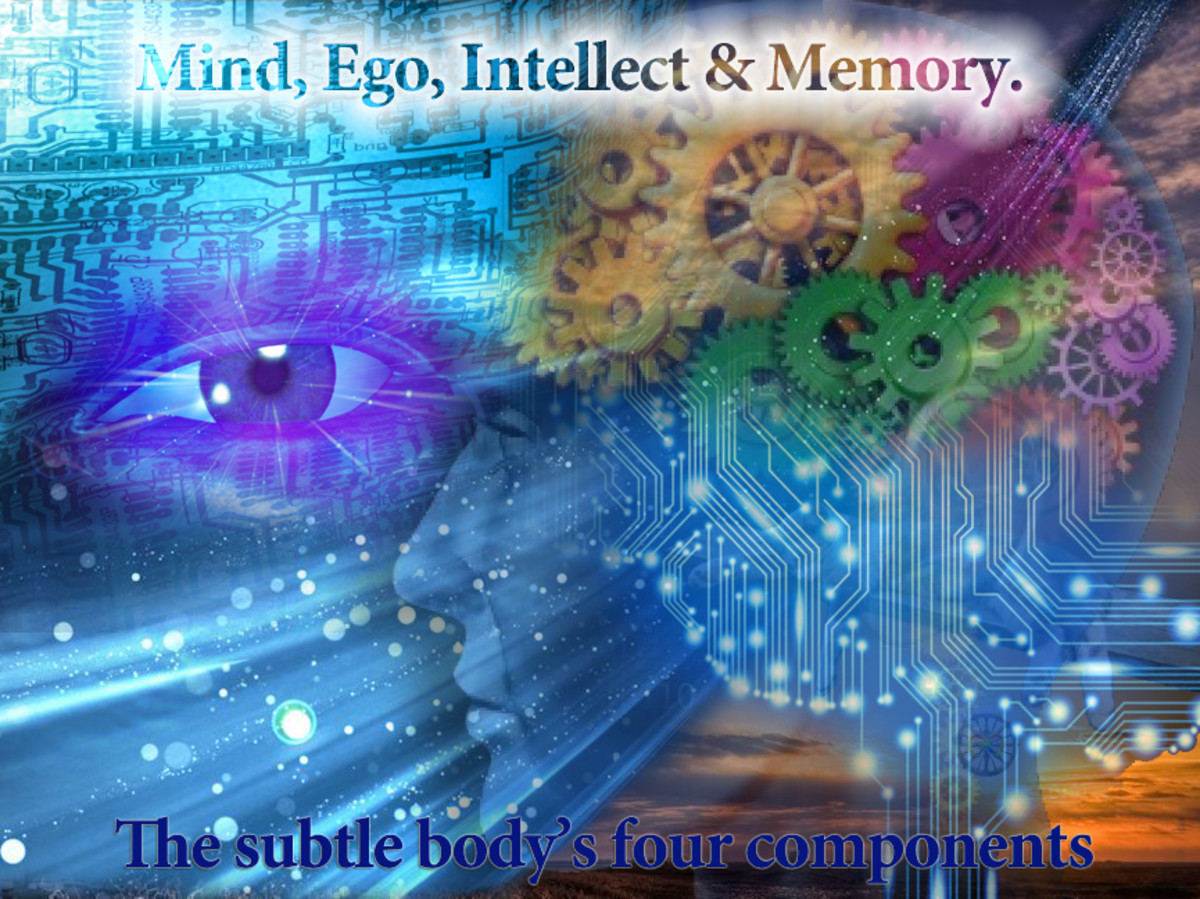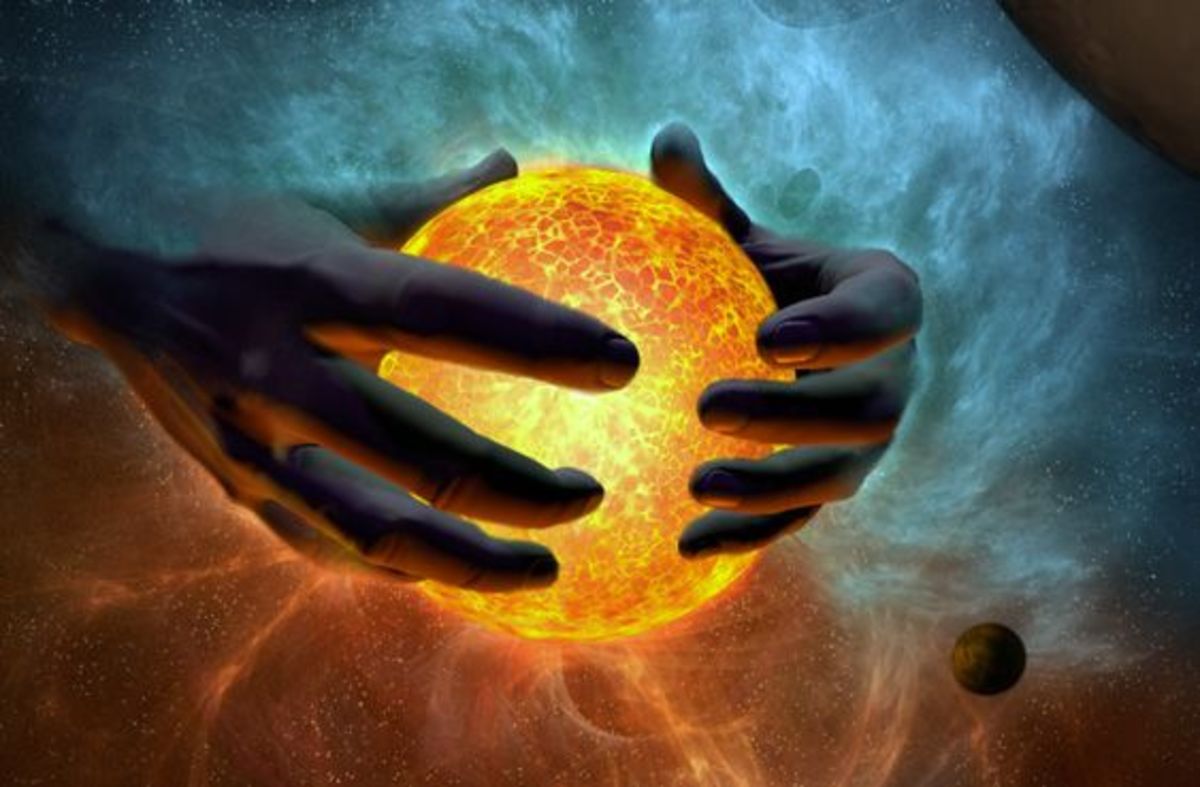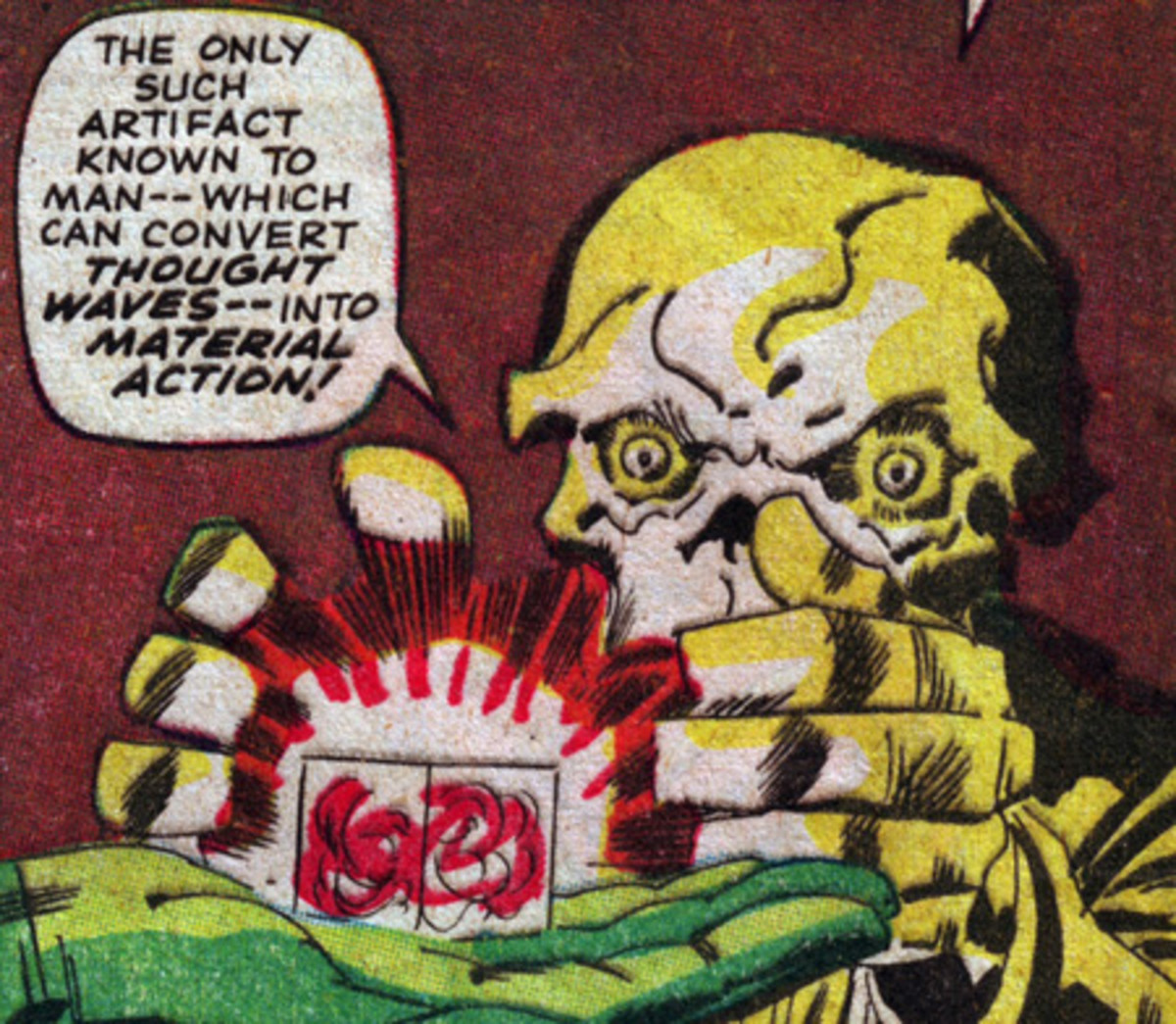Reason: What is it and how does it relate to an individual's life?

What is Reason?
Reason, an understanding of objects around you, of life and everything within it, whether it be general philosophy of life itself, or the rationalization of various factors within and around everything that we are as individuals on this earth and beyond. In the Wikipedia, the definition of reason is simply this, "Reason is a term that refers to the capacity human beings have to make sense of things, to establish and verify facts, and to change or justify practices, institutions, and beliefs."
A capacity human beings have to make sense of things, that is such a strong statement within the definition, a capacity to grasp the concept of everything from material objects and social issues, to the abstract views of the universe itself. It's amazing how we as humans can gather knowledge as we do and mold it for future events and theories, in which the more knowledge one gains through perception and eventual reasoning will offer a better standpoint on which to reason the given subject.
Through reasoning, we as humans learn to integrate perception and reason into a concept that we define through our own life experiences, or through social interactions that we build. Through Freudian concepts of Id, Ego, and Superego in which we find ourselves and define reality as based on our personal experience vs. the rest of society, and Mead's model of the socialization through the eyes of another that eventually defines us as an individual, we gain the perceptions to draft a reasoning behind each and every object and event that takes place.
What is reason in respect to everyday life?
In respect to your everyday life, reasoning is everywhere, it is pitted in your neurological sensory system, a drive to not only perceive objects, institutions, and ethical/moral issues; but to actually have the knowledge behind the given object or subject to give a justification or reasoning behind why or why not it is right or wrong. Reason is everywhere you look in life, it's the seat your sitting on, it might have wheels or it might not, but why the wheels are there or why there are legs that touch the floor, that is reasoning.
Reasoning is when you walk into a library, if you have been brought up as a manual worker and have not set goals towards intellectual needs, then you might or might not assume that a library shouldn't be there, but rather a union hall instead, where your immediate needs of financial security come first. Consider rather that you are a free thinker, one that craves knowledge of all sorts, and during the day you spend your time writing or drawing, then the creative aspect of a library in all it's intellectual capabilities should be in that location, maybe more could be built in the surrounding area to raise intellectual awareness in the community, this is reasoning as well.
As with anything, you need knowledge of the particular thing you are viewing, lets say you walk into a doctor's office, and you look at the various machines and objects that a doctor would use to examine you or perform certain actions. If you didn't have any knowledge about the objects in the room, then you could only see a perception, and you could reason what they could or could not be used for. An opposite reaction would be that you knew exactly what they were used for, therefore your reasoning would not debate what they were, but how they could be manufactured differently to enhance the function of the said machine or object, therefore the object becomes either relevant or your theories on it would make it irrelevant. This is the basic principle of reasoning, and how it relates to various aspects of your life in different ways.
Reasoning and the concept of "The Universe"
In a more abstract view, Reason becomes almost primitive in nature when it comes to the Universe itself, as perception picks up the lag in understanding. In ancient times, people of various civilizations (Mayan, Inca, Aztec, Egyptians, Celtic Tribes, etc) used to gather astronomical statistics according to positioning of the stars, of which they contributed their findings to the Gods, a way of reasoning the origins of their existence. Through their perception, the stars were various sectors in the skies high above them, and through reasoning, those various cultures determined that the Gods were looking out for them and came from those homes in the sky.
As the world arrived at the beginning of common era, a new view came into perceptive view, the concept of Heliocentrism. In the Wikipedia, Heliocentrism is defined as, "The astronomical model in which the earth and the planets revolve around a stationary sun at the center of the solar system. This particular concept replaced Geo-centrism, in which Earth was at the center of the universe, but as perception and reasoning were integrated, a sense of Ego from the Geocentric theory was shattered; Secular Renaissance thinkers that were free of the Catholic Church that defined much of the Medevil realms reasoning through religious dominance.
In modern view, there is now theories of a Super-massive Black hole that is at the center of the universe, a Wikipedia definition states that, "A Super-massive Black Hole is the largest type of black hole in a galaxy, in the order of hundreds of thousands to billions of solar masses. Most, and possibly all galaxies, including the Milky Way, are believed to contain super-massive black holes at their centers." That is a very abstract way to think, but as our perception of the stars and universe, and given the current knowledge that society and leading scientists have given us at our disposal, an individual then gains a sense of reason to either agree or disagree according to how much research has been done on the particular subject.
In terms of cultural lag, there are other countries in the modern day world that still perceive the stars to be of the gods, and even with religious influence from the dominant religions around us, our minds are inescapably influenced accordingly. Therefore, our society influences our perception and reason in terms of our world and all the galaxies and the universe in general, leading us to the big question, Why are we here? In realistic terms, our perception of such a concept continues to draft reasoning on an ever growing scale, and I don't believe in our lifetime or many more after our own will we ever figure that question out in all it's entirety.
A Reasonable Conclusion
So in Conclusion, we must ask ourselves, is our perception of reasoning realistic, or is it simply abstract considerations of perceptual notions that are really augmented realities with past and future templates? Reasoning is nothing more than how our eyes perceive reality, and with increased reasoning comes an ever larger responsibility to show the rest of our populations why this or that, should or should not be done, either here or there. This is reasoning, and with this knowledge, I hope you see perceptual reasoning and the society you live in, or the universe as a whole, in a entirely different way.
After reading this Article, Do you understand the concept of Reason better than you did before?
If you like philosophy, Check out my newest series called, "The Philosophy of Socrates".
- The Philosophy of Socrates: Part XX
Part 20 in the poetic series, "The Philosophy of Socrates". This narrative describes an attempted robbery on Socarates by an unknown assailant, but Socrates has a way with words and tears flow.








